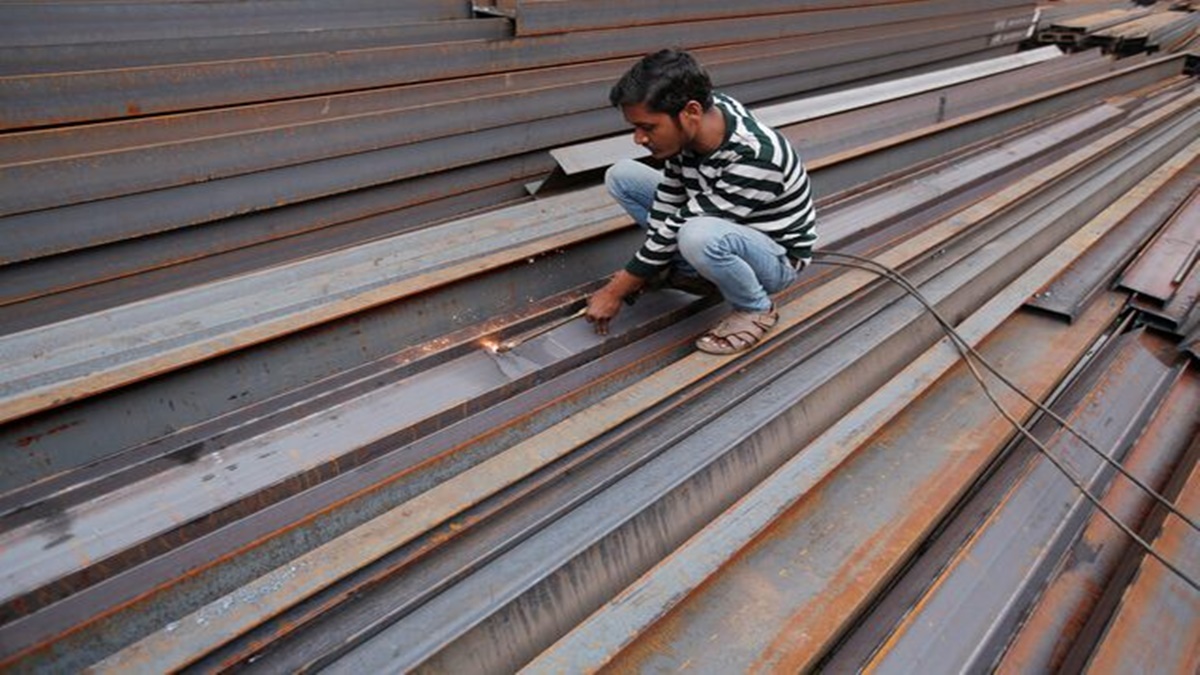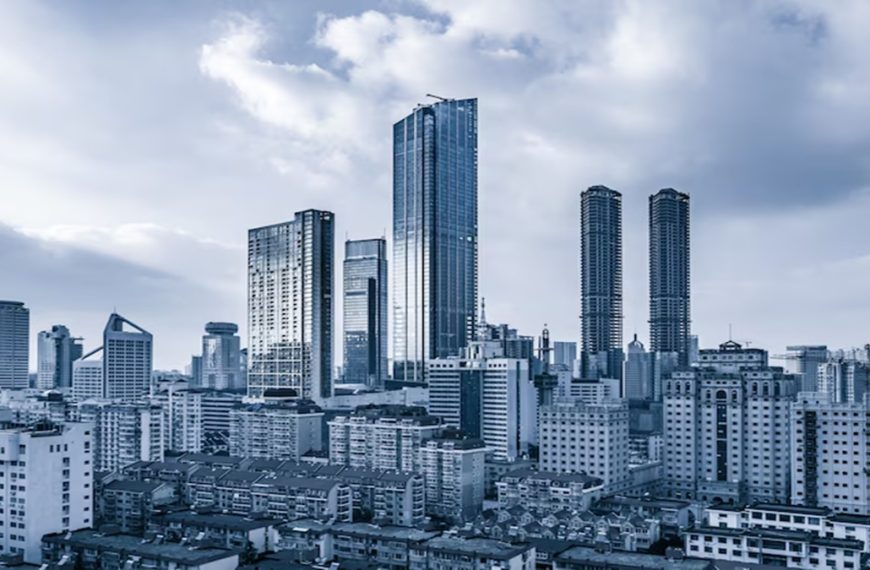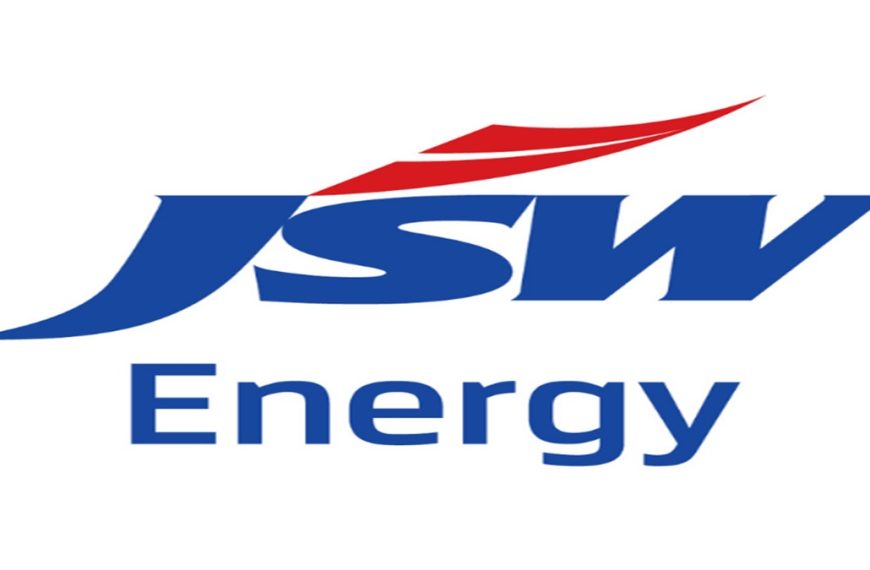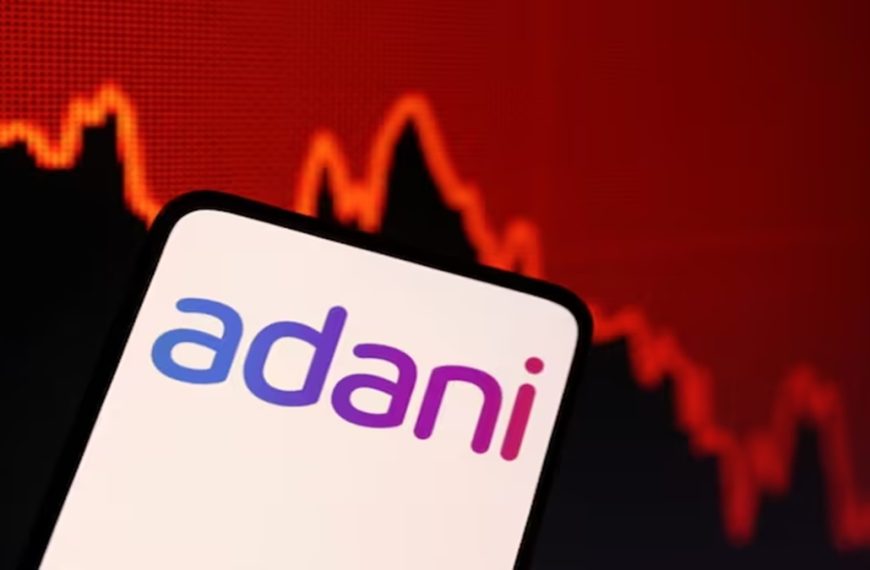India is actively navigating its ongoing challenge at the World Trade Organization (WTO) against the United States over the imposition of additional tariffs on steel and aluminium. This dispute arises as New Delhi also engages in bilateral discussions, with a significant meeting scheduled for next week, according to a senior official in the Indian government.
India’s WTO Challenge and Tariffs
Earlier this month, India formally approached the WTO, seeking consultations as part of the dispute resolution framework. This move follows the US’s implementation of a 25% tariff on steel and aluminium imports, which took effect on March 12. Initiating this consultation marks a critical first step in the WTO’s dispute resolution process, aimed at achieving a mutually beneficial settlement. Should these discussions fail to yield results, India has the option to escalate the situation by requesting the establishment of a dispute settlement panel, which would have the authority to adjudicate the matter.
US Response and National Security Claims
In its defense against India’s WTO complaint, the US has asserted that the additional tariffs are not "safeguard measures" but rather are based on national security concerns. The US stated, “These actions do not qualify as safeguard measures, indicating there is no basis for consultations under the Agreement on Safeguards.” However, the US has also shown a willingness to engage in bilateral talks to resolve the issues surrounding trade and tariffs.
Historical Context of the Dispute
This ongoing dispute echoes a similar scenario from 2018, when the US first imposed additional tariffs on steel and aluminium under the administration of former President Trump. In response, India retaliated in 2019 by imposing its own tariffs on a variety of US imports, including almonds, apples, and lentils, among others. These reciprocal tariffs led to both countries challenging each other at the WTO.
During Prime Minister Narendra Modi’s visit to the US in 2023, a significant development occurred as both nations agreed to resolve all ongoing WTO disputes, including those related to steel and aluminium tariffs. This resolution involved a total of seven cases that were amicably settled between the two countries.
Other Ongoing WTO Disputes
In addition to the steel and aluminium tariff disputes, there are several other ongoing conflicts between India and the US at the WTO. These include:
- Countervailing Measures imposed by the US on certain hot-rolled carbon steel flat products from India.
- Complaints from the US regarding India’s measures on solar cells and solar modules.
- Disputes over India’s export incentive schemes.
Both nations have raised various complaints against each other, including issues surrounding additional duties on certain products.
As the discussions unfold, many stakeholders are keenly watching how India and the US will navigate these complex trade dynamics. The outcomes could significantly impact international trade relations and economic strategies for both countries.











